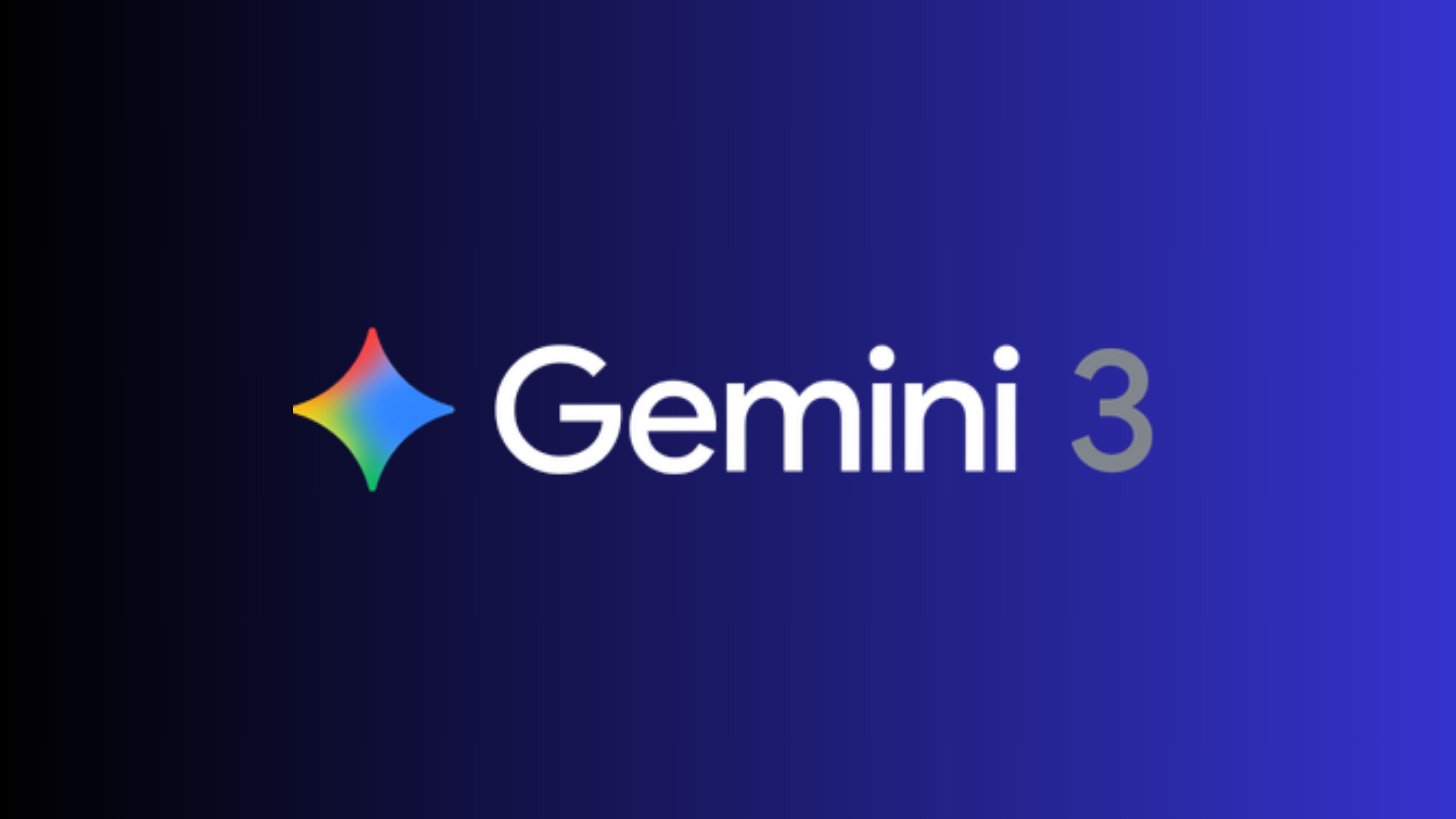Cybersecurity researchers have uncovered a rapidly expanding Android botnet known as Kimwolf, which has already compromised approximately 1.8 million devices worldwide.
The malware primarily targets smart TVs, set-top boxes, and tablets connected to residential networks, with infections concentrated in countries including Brazil, India, the US, Argentina, South Africa, and the Philippines.
Analysis by QiAnXin XLab indicates that Kimwolf demonstrates a high degree of operational resilience.
Despite multiple disruptions to its command-and-control infrastructure, the botnet has repeatedly re-emerged with enhanced capabilities, including the adoption of Ethereum Name Service to harden its communications against takedown efforts.
Researchers also identified significant similarities between Kimwolf and AISURU, one of the most powerful botnets observed in recent years. Shared source code, infrastructure, and infection scripts suggest both botnets are operated by the same threat group and have coexisted on large numbers of infected devices.
AISURU has previously drawn attention for launching record-setting distributed denial-of-service attacks, including traffic peaks approaching 30 terabits per second.
The emergence of Kimwolf alongside such activity highlights the growing scale and sophistication of botnet-driven cyber threats targeting global internet infrastructure.
Would you like to learn more about AI, tech and digital diplomacy? If so, ask our Diplo chatbot!










